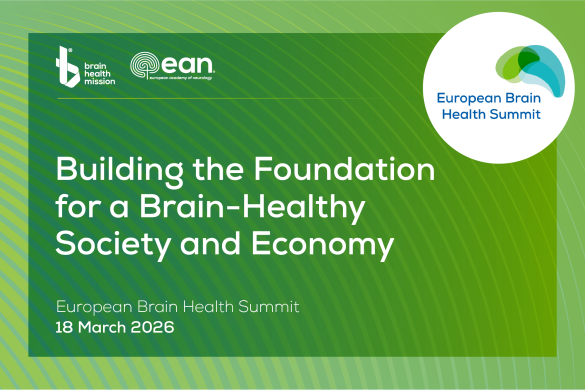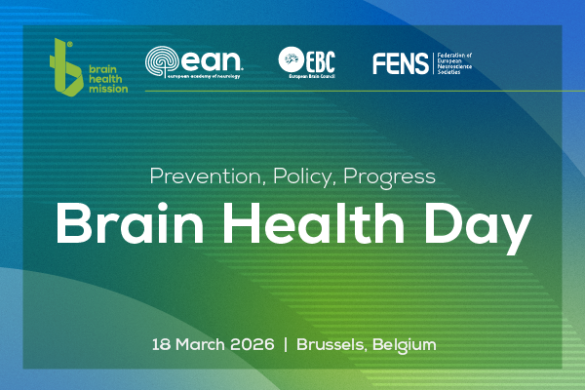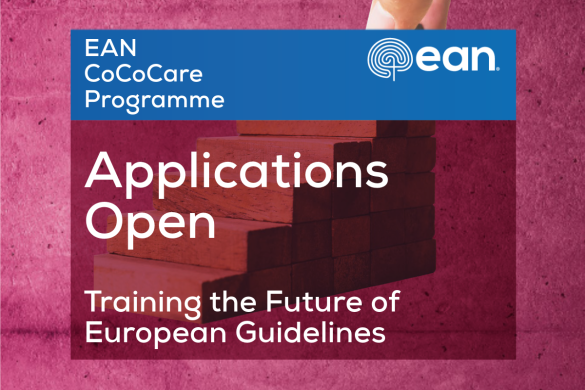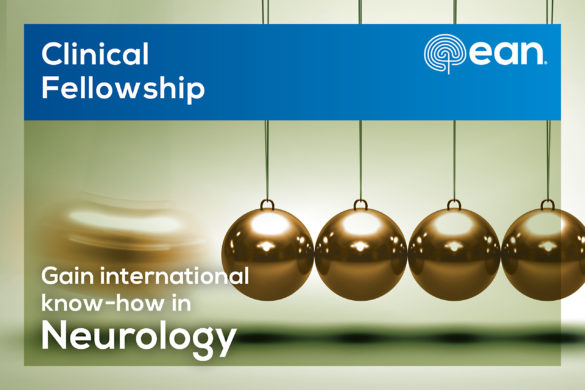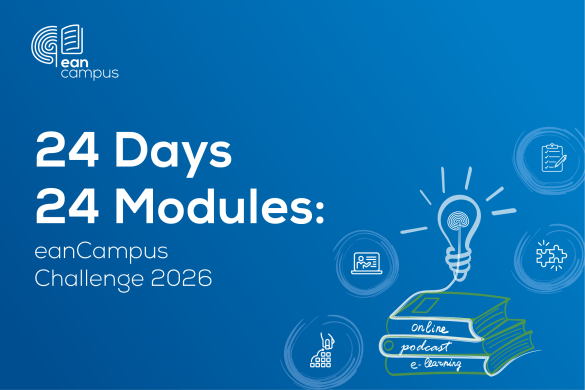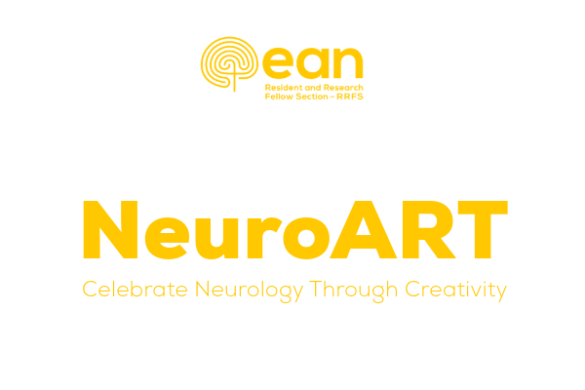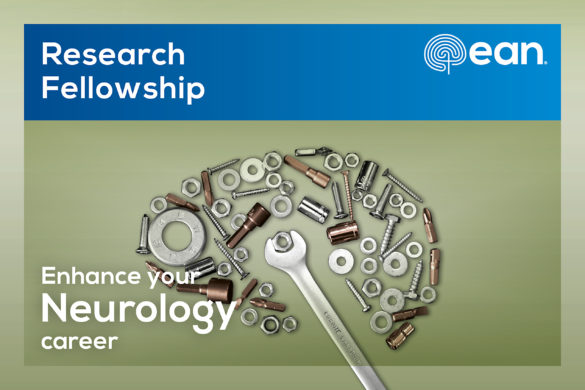Please tell us about your experience with the current COVID-19 pandemic in your hospital
With over 27.000 positively tested patients in the Netherlands, all hospitals had to make major adaptations to their general practice. Non-urgent care has been put on hold or shifted to telephone/video appointments and departments rapidly created extra capacity for COVID-19 patients with regards to locations as well as staff.
What is the impact of the current Covid-19 pandemic on your neurological training?
There is large impact on residents’ neurological training. Only urgent neurological care continues. Internships in, for instance, outpatient clinics or neurophysiology departments have been put on hold and instead residents are at home or have been relocated to work at COVID-19 departments. The required social distancing affects many types of education, from daily morning reports and radiology meetings to national and international conferences.
On the other hand, the available time does enable us to make improvements in the current workflow, for instance by updating medical protocols and improving the productivity of electronic patient records.
What are the three most important key learning points from your overall COVID experience?
The adaptability and determination of doctors and nurses to provide high level care to patients during this COVID-19 pandemic is highly admirable.
The COVID-19 crisis revolutionized the transformation of health care delivery and up-scaling of our systems by unleashing the power of digital technologies.
Anticipating healthcare decisions with regards to treatment limitations are an important topic of discussion for every individual, regardless of scarcity of resources, now and beyond the COVID-19 pandemic.
Eline Hamilton, RRFS representative of the Netherlands






